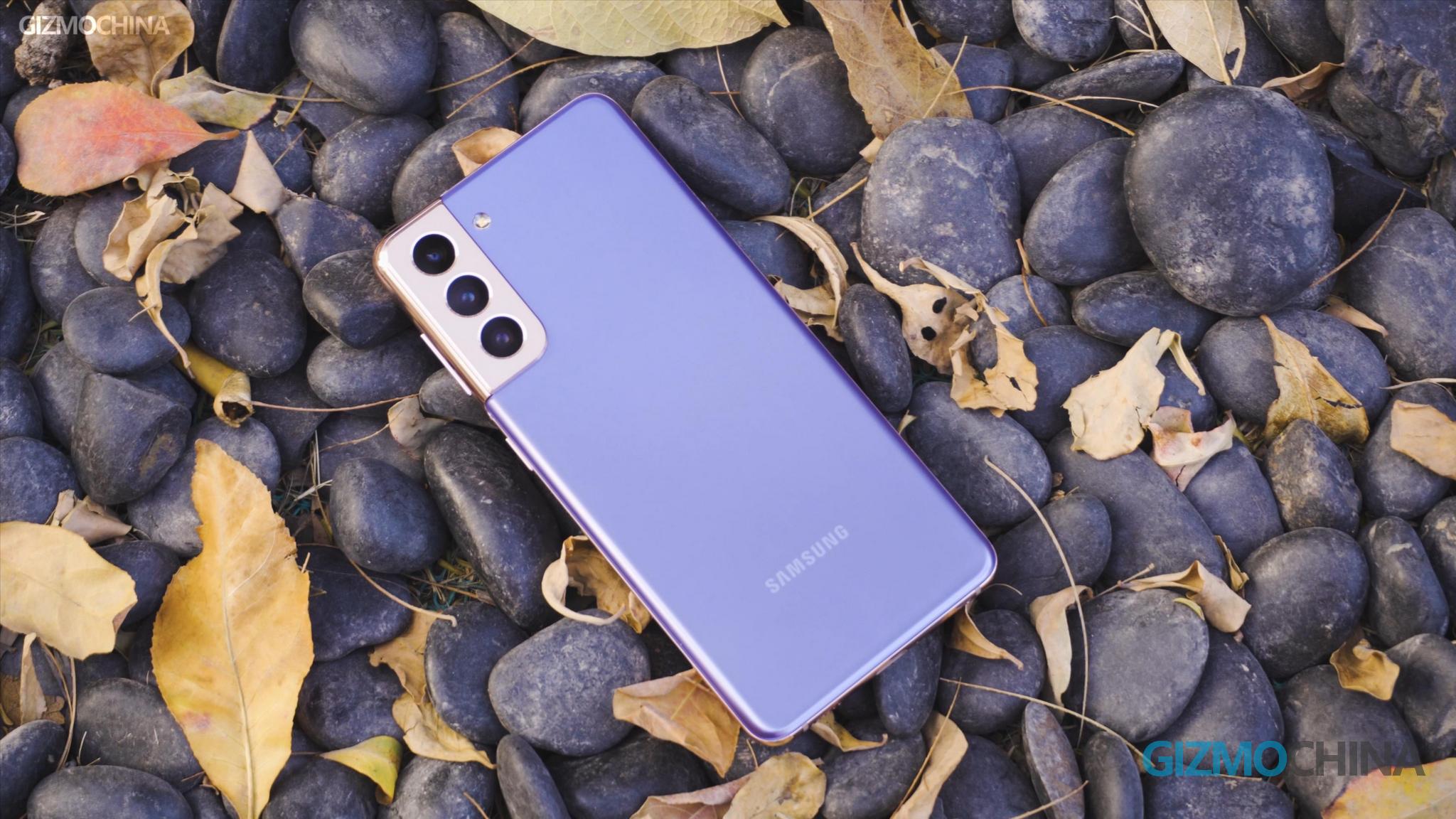Recent reports said that Samsung might partner with Camera giant Olympus for its future smartphones. Now, the latest report from GalaxyClub.nl says that it is already working on a sensor-shift stabilization technology.

You might have already come across the term sensor-shift tech before. Apple brought this for the first time on its iPhone devices with the iPhone 12 Pro Max. Typically, a sensor-shift feature means your camera sensor will move for canceling the shakes in photos/videos.
Apple brought this as sensor-shift optical image stabilization. Larger than a typical camera sensor, the primary 12MP wide sensor on the iPhone 12 Pro Max will move along the axis with the help of magnets placed in the corners.
Apple said that this tech is capable of making the 7P lens handle the light better, improve ISO sensitivity to about 87%, and improve stabilization. You can look at this video by Zack of Jerryrigeverything to know more about it. Coming back, the report says that Samsung is working on bringing this tech to its devices.
Apparently, it is already testing a phone with a sensor-shift stabilization technique for a while, and looking at the past, we may think that it could debut on the Galaxy S-series(maybe Galaxy S22) now that the Galaxy Note series is out of the equation.
However, rumors say that Samsung’s foldable devices, which are usually marketed with different USPs, could get the tech in a Galaxy Z Fold3 Special Edition version. That said, Samsung hasn’t confirmed anything about the details of the devices mentioned above so let’s wait for more info.
Do note that this technique is quite different from the regular optical image stabilization we have seen before. There, the camera lens, and not the image sensor, is hooked on to a mount for moving along the axis to counter the shakes.
Whether or not Samsung will partner with Olympus to do this, it is likely that we will see a significant upgrade in the next flagship of the South Korean giant.
RELATED:






